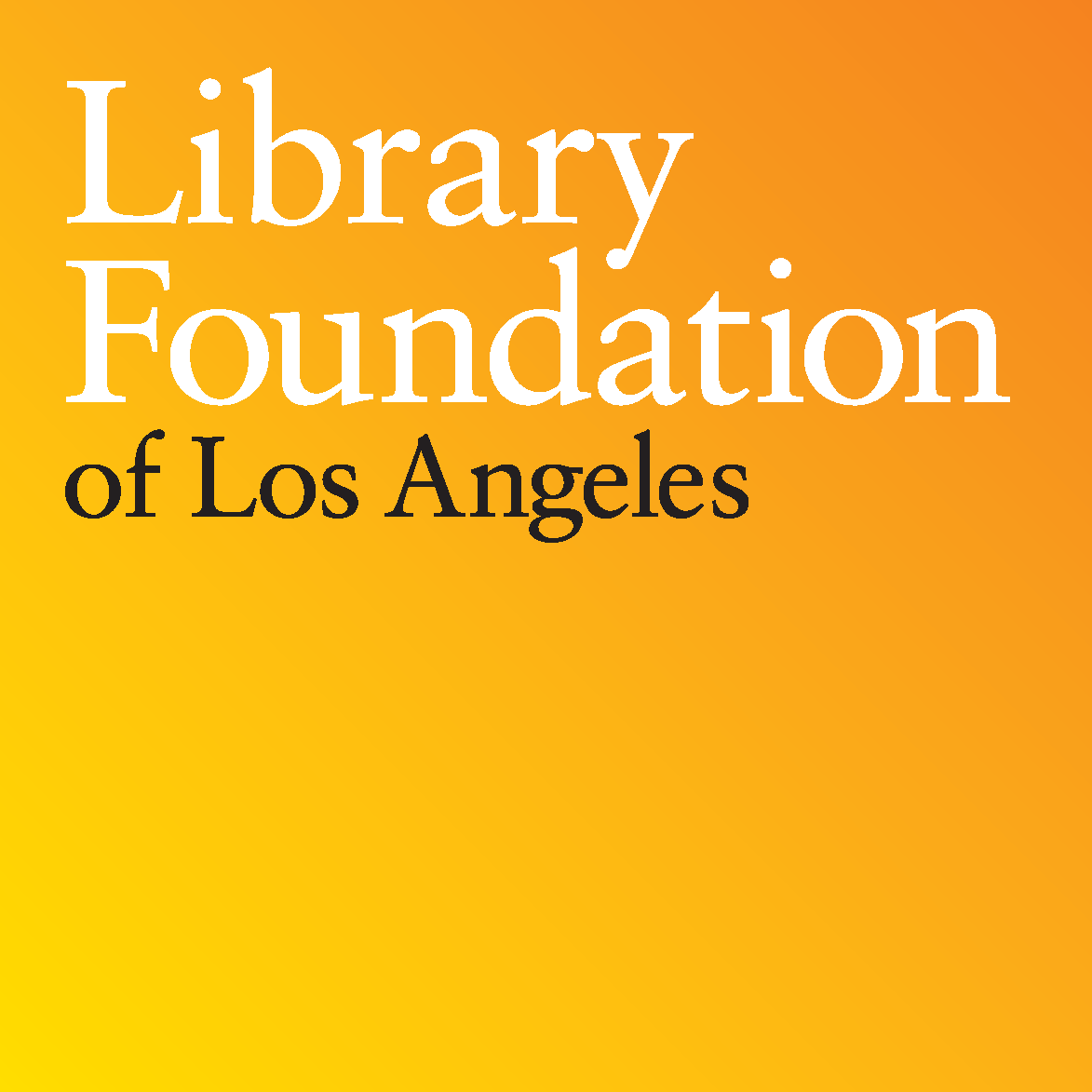It’s rare to have a look at the mind behind the music, but on April 23, we get this opportunity, when musician Ana Tijoux visits the ALOUD stage to chat all things music, activism and love for Latin America with local poet and translator, Jen Hofer. The program, presented in Spanish with interpretation in English, will also feature an acoustic set with a fellow musician.
The 37-year old musician born to Chilean parents exiled in France during the Pinochet dictatorship fronts her indigenous roots and Mapuche pride in her lyrics, although her voice stretches beyond any one place. Tijoux’s voice is an instrument that pulls vowels to new lengths, breaking and bending phrases, melting words into her genre-defying albums. She’s labeled as an MC and rapper, but she also stylizes funk, soul, and blues. As for “why hip-hop? “Hip-hop is the land of people who don’t have a land,” says Tijoux.
Nurtured by Community
Collaboration is a central part of Tijoux’s work. Her most recent album, Vengo, includes at least five tracks featuring a guest musician, one co-sung with Palestinian rapper and MC Shadia Mansour on “Somos Sur.” Tijoux’s rhymes shoot out like poetic bullets that jump from defiant in “Antipatriarca” to the affirming “Creo en Ti,” a hip-hop duet with Juanito Ayala. It’s an uptempo jazz beat with flutes and a muffled marching band drum that seems to echo adelante (onward) in the background. It’s the same adelante that is the backbone of her work.
A Voice for Many
Tijoux’s politics are crystal clear in her lyrics, and she’s sure to share them at ALOUD just as she did during a recent informal chat with students at Pomona College and fellow musician Martha Gonzalez of Quetzal, when she recalled pivotal moments from childhood that influenced her vision of the world. Her father had gifted her an “Anti-monopoly” game, and it was originally received with much disappointment that it wasn’t the traditional “Monopoly” she had wanted. Upon learning the values the game espoused: property for all and liberating the incarcerated, her excitement for the game, and passion to do the same in real life, grew. Raised in France among immigrant communities—from Africa and beyond, meant that her world was rich with color and culture at a young age. Returning to Chile as a teen exposed her to her own country’s struggle. These are the stories she tells through song.
Literary and Musical Influences
Tijoux attributes the poetry of Gabriela Mistral as a primary inspiration in her life and work, yet notes how even as the first Latin American to win the Nobel Prize in Literature, her presence seems silent compared to Chile’s other grand export, the poet Pablo Neruda. You can hear the words of Eduardo Galeano in her music, references that became historicized with his recent passing days ago. As for music, Tijoux is awed by the rhythms of Violeta Parra, the mother of the Nueva Canción movement in Chile. “Her identity is so deep, it’s from the root, you can’t even explain it.” Tijoux is right there with her. Rooted. Authentic. We’ll get to hear her and learn more about all of these influences–in conversation and song–at the Los Angeles Public Library on April 23.
After Tijoux’s ALOUD visit, she’ll be participating in a special concert at Walt Disney Concert Hall celebrating Violeta Parra in: Gracias a la Vida: The Rebel Spirit of Chile’s Legendary Voice.
–Posted by Maureen Moore

